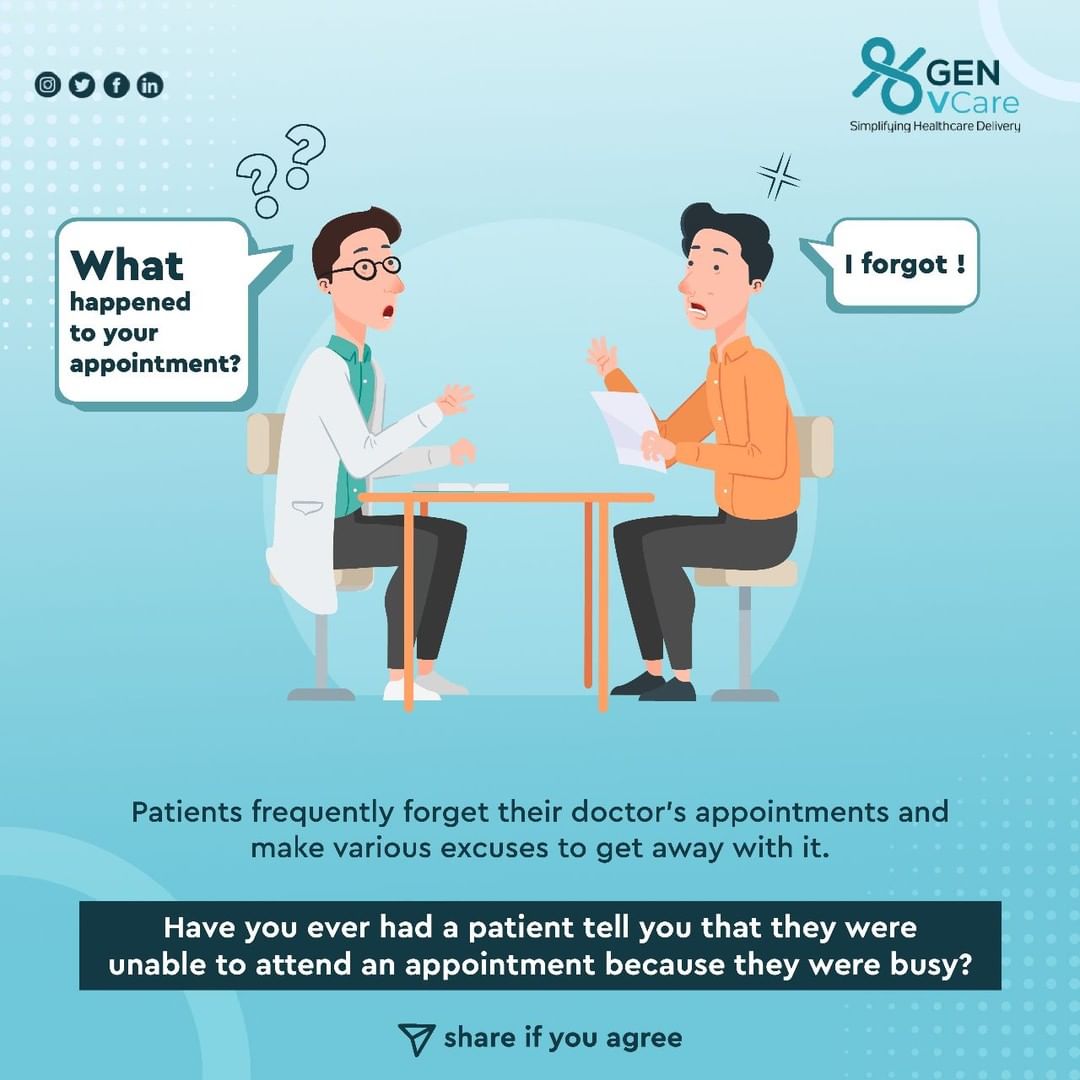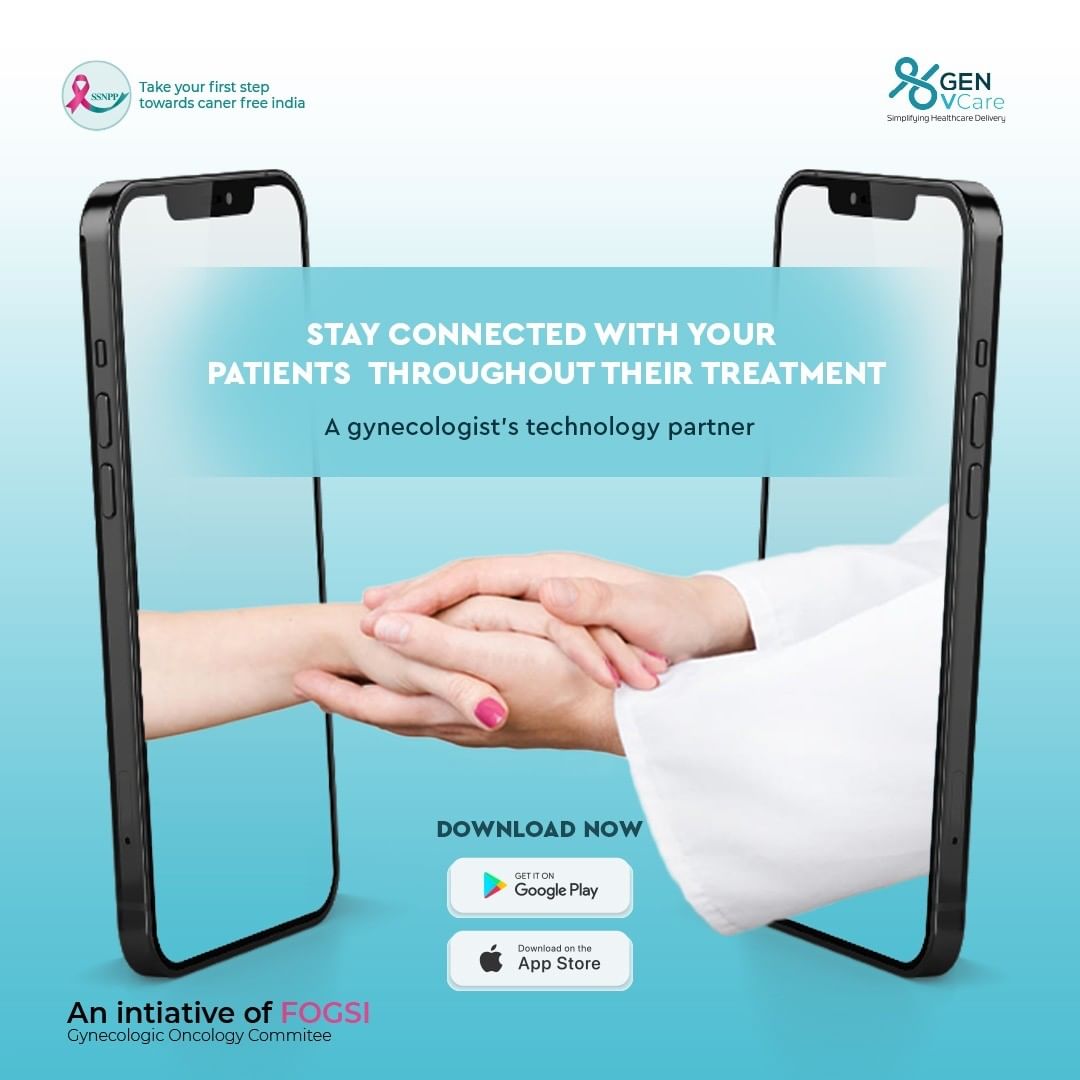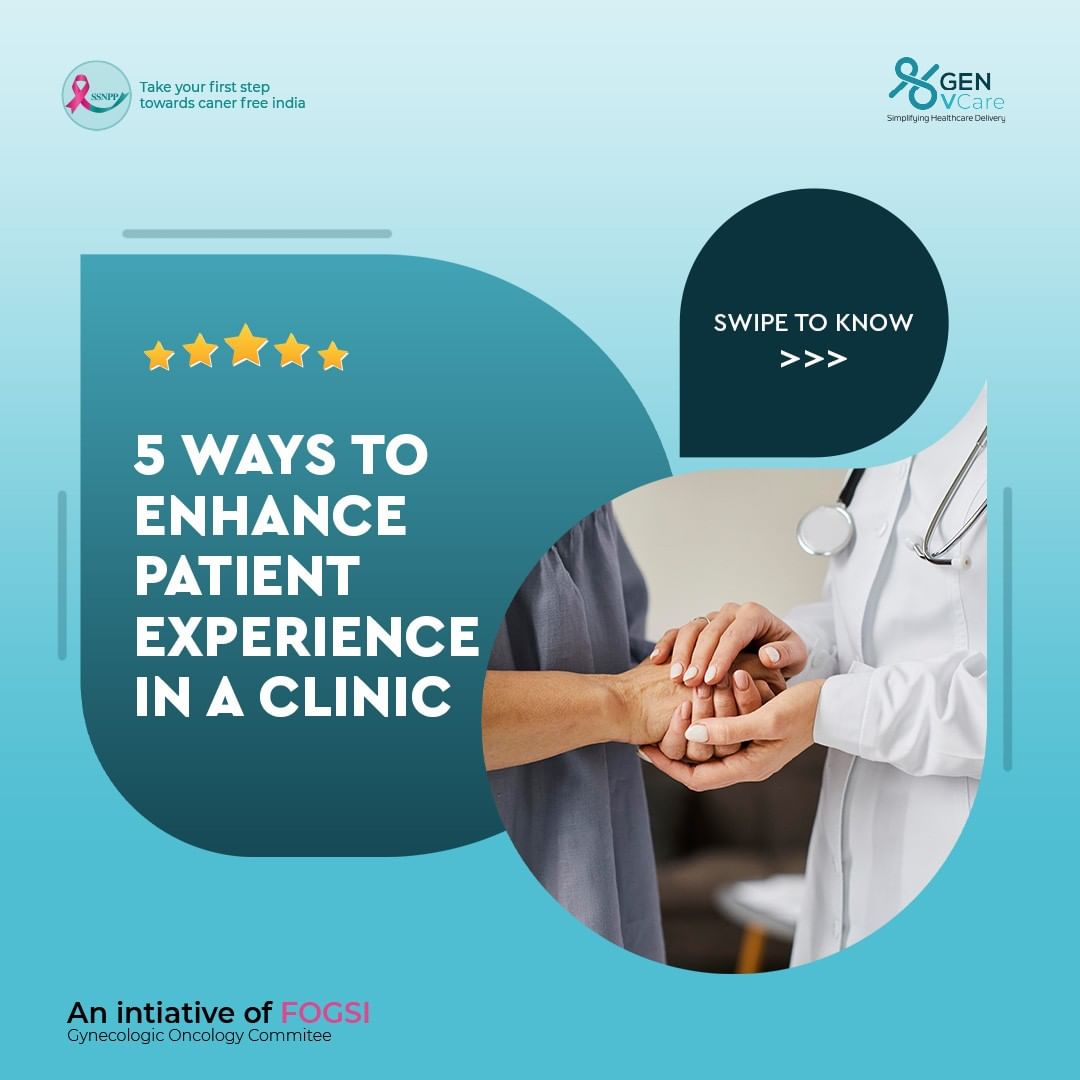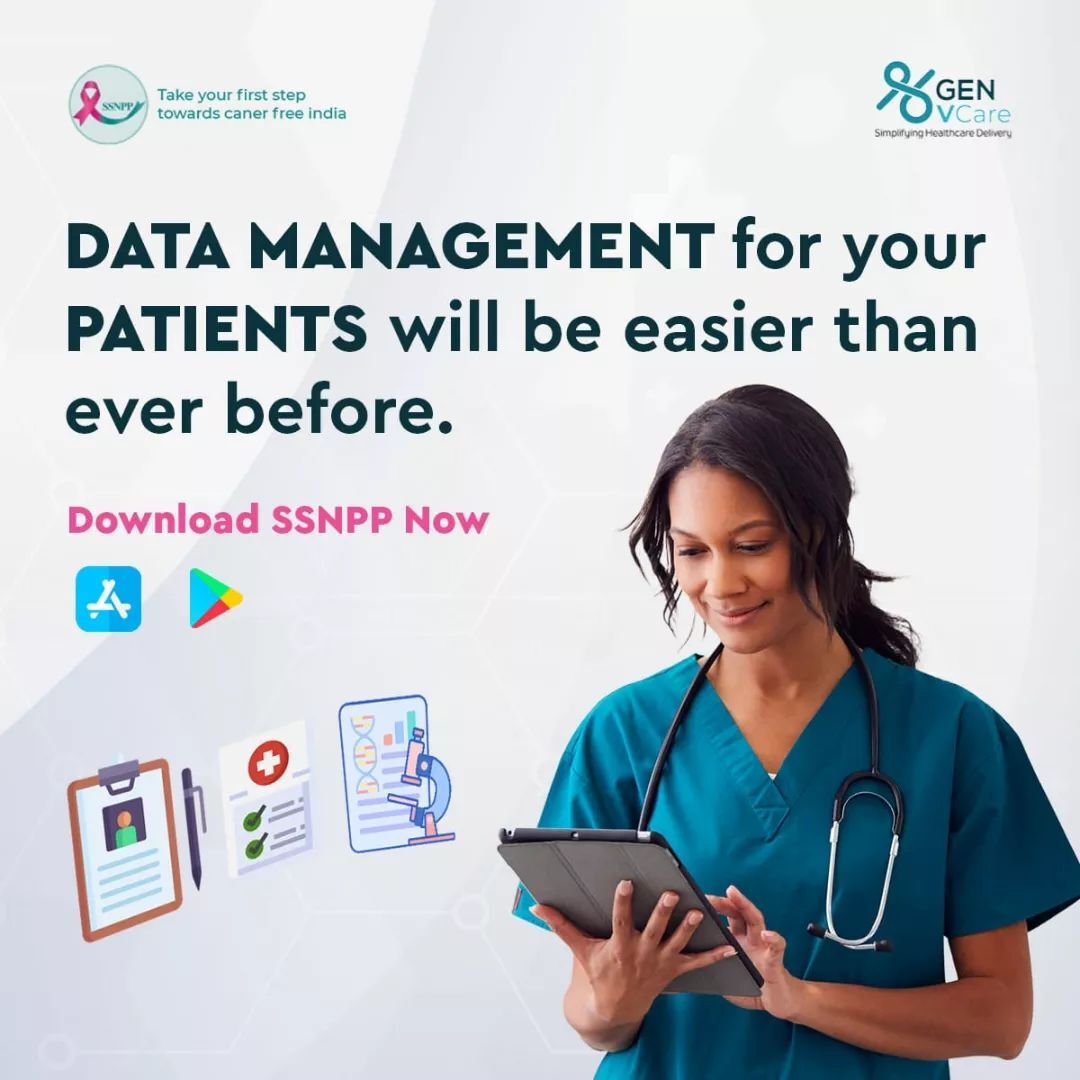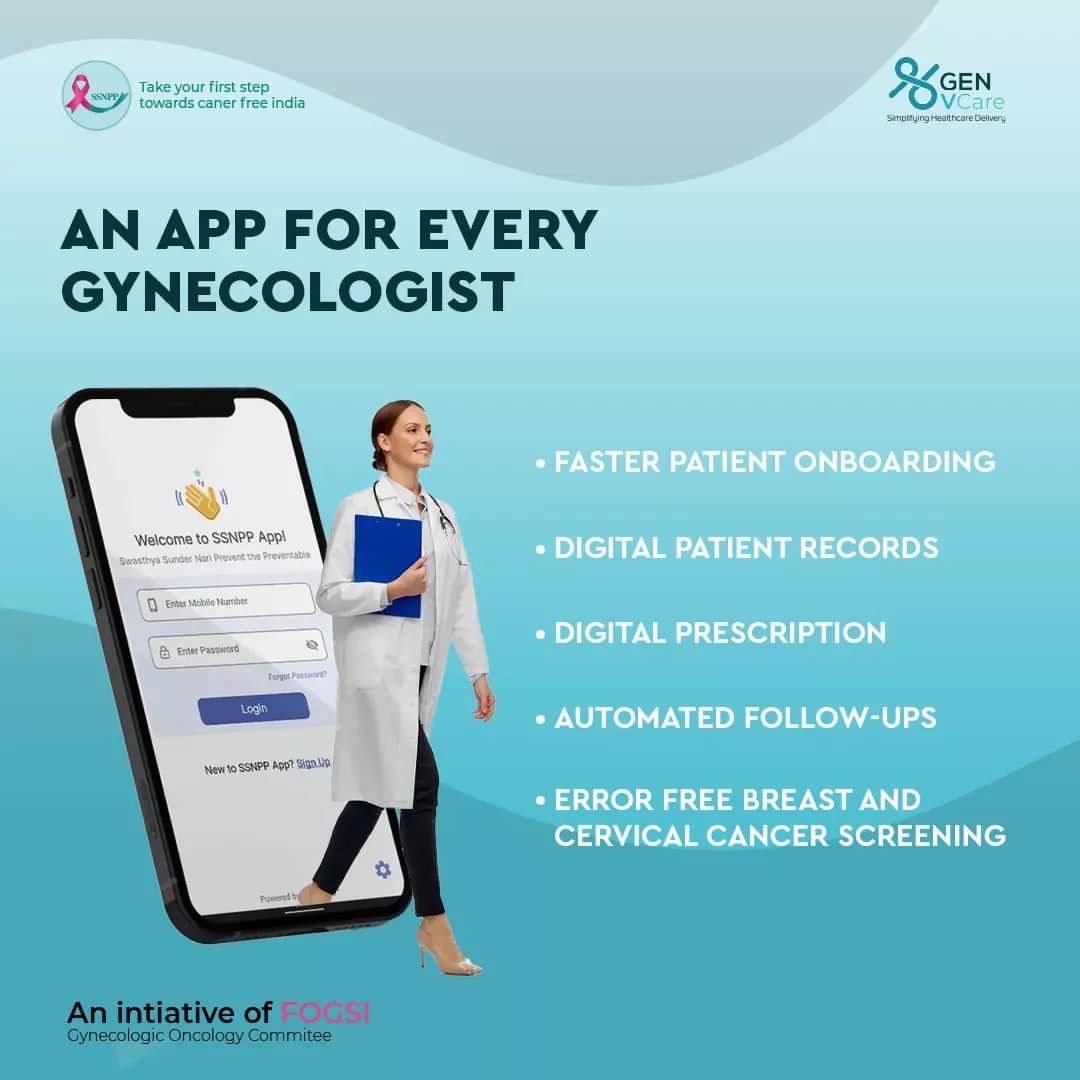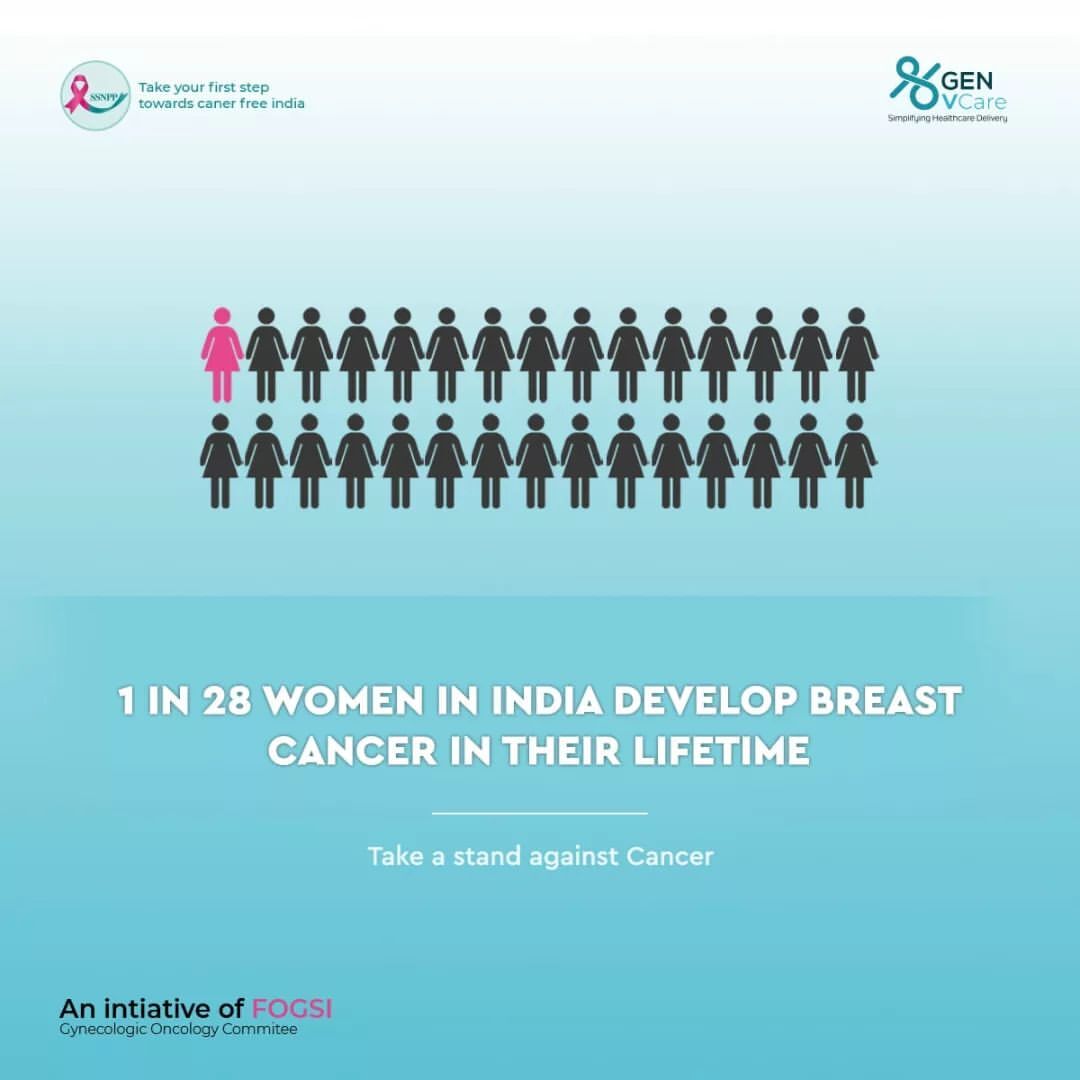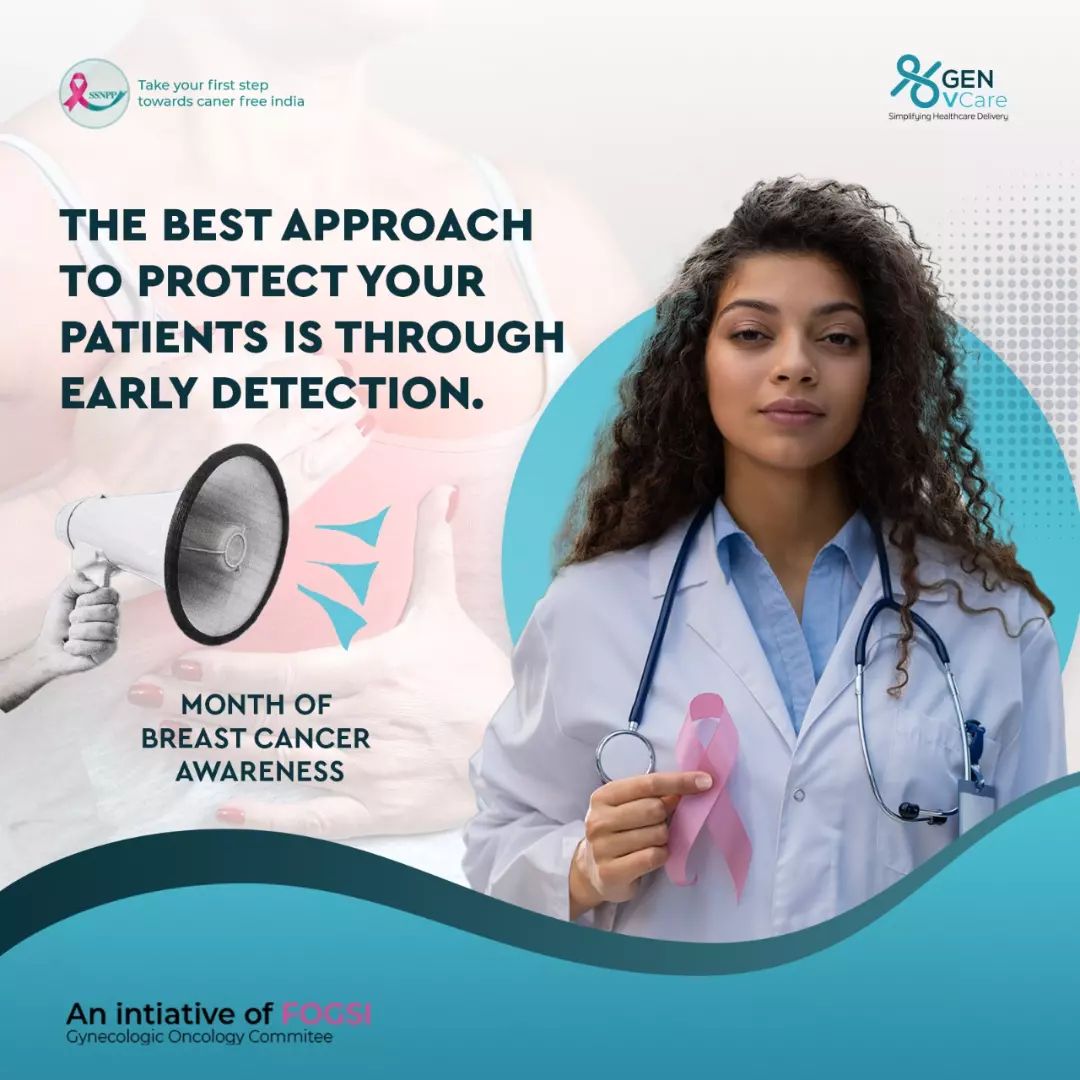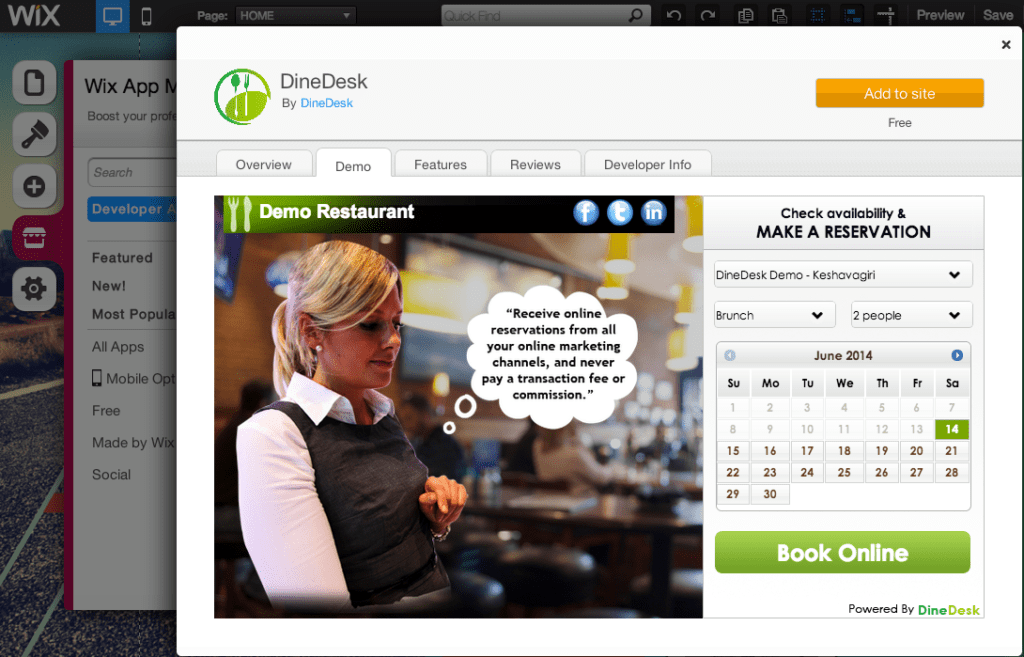
Case Study - Technology Company
Introduction
DineDesk is a comprehensive Front of House (FOH) management solution designed to streamline operations and enhance customer experiences in the restaurant industry. This case study explores the key deliverables of DineDesk's go-to-market strategy, digital marketing efforts, social media marketing, and sales initiatives.
Our Offerings
GO TO MARKET
To effectively launch DineDesk in the market and gain a competitive edge by targeting key customer segments.
DineDesk identified its primary target market as medium to large-scale restaurants, chains, and hospitality groups looking for a comprehensive FOH management solution. This included fine dining establishments, casual dining chains, and quick-service restaurants (QSRs).
DineDesk positioned itself as a solution that could streamline FOH operations, optimize table management, reduce wait times, improve customer satisfaction, and increase overall operational efficiency. The key value propositions included enhanced reservation management, waitlist optimization, table analytics, and customer relationship management.
To strengthen its market position, DineDesk formed strategic partnerships with reputable restaurant technology providers, point-of-sale (POS) system vendors, and reservation platforms. These partnerships allowed seamless integration with existing restaurant systems, enhancing the overall value proposition for potential customers
Our Offerings
Digital Marketing
To create brand awareness, generate leads, and drive customer engagement through various digital marketing channels.
DineDesk developed a user-friendly and informative website that highlighted its features, benefits, case studies, and customer testimonials. The website was optimized for search engines and designed to convert visitors into leads through lead capture forms.
DineDesk implemented a robust SEO strategy to improve search engine rankings for relevant keywords such as “restaurant FOH management,” “table management software,” and “reservation system.” This helped increase organic traffic and generate qualified leads
DineDesk created and shared valuable content in the form of blog posts, whitepapers, and industry reports. The content focused on addressing pain points faced by restaurant owners and managers, offering solutions and positioning DineDesk as an industry thought leader.
DineDesk utilized email marketing campaigns to nurture leads, provide product updates, and share success stories. Personalized and targeted emails were sent to prospects at different stages of the buyer’s journey to maintain engagement and drive conversions.
Our Offerings
Social Media Marketing
To build an active social media presence, engage with the target audience, and increase brand awareness.
DineDesk identified key social media platforms such as Facebook, Instagram, Twitter, and LinkedIn to reach its target audience effectively. Each platform was leveraged differently based on the nature of the content and the audience’s preferences.
DineDesk developed a social media content strategy that included a mix of informative posts, engaging visuals, customer success stories, and interactive polls. The content aimed to showcase DineDesk’s capabilities and generate interest in the solution.
To amplify its reach and credibility, DineDesk collaborated with influencers in the restaurant industry, including chefs, food bloggers, and industry experts. These partnerships helped increase brand visibility and attract a wider audience.
Our Offerings
Sales
To convert leads into paying customers and drive revenue growth
DineDesk utilized a multi-channel approach to generate leads, including website lead capture forms, content downloads, social media lead ads, and targeted advertising campaigns. Leads were then segmented based on their level of interest and engagement.
DineDesk developed comprehensive sales collateral, including product brochures, case studies, and demo videos. These materials effectively communicated the benefits and features of DineDesk, facilitating the sales process and addressing customer concerns.
DineDesk provided in-depth training to its sales team, ensuring they had a deep understanding of the product and its value proposition. The team was equipped with the necessary knowledge and sales techniques to effectively engage with prospects and convert them into customers.
DineDesk employed personalized sales strategies, offering tailored demonstrations, free trials, and discounts to prospects who showed high interest. This helped overcome objections and facilitated the decision-making process, resulting in a higher conversion rate.
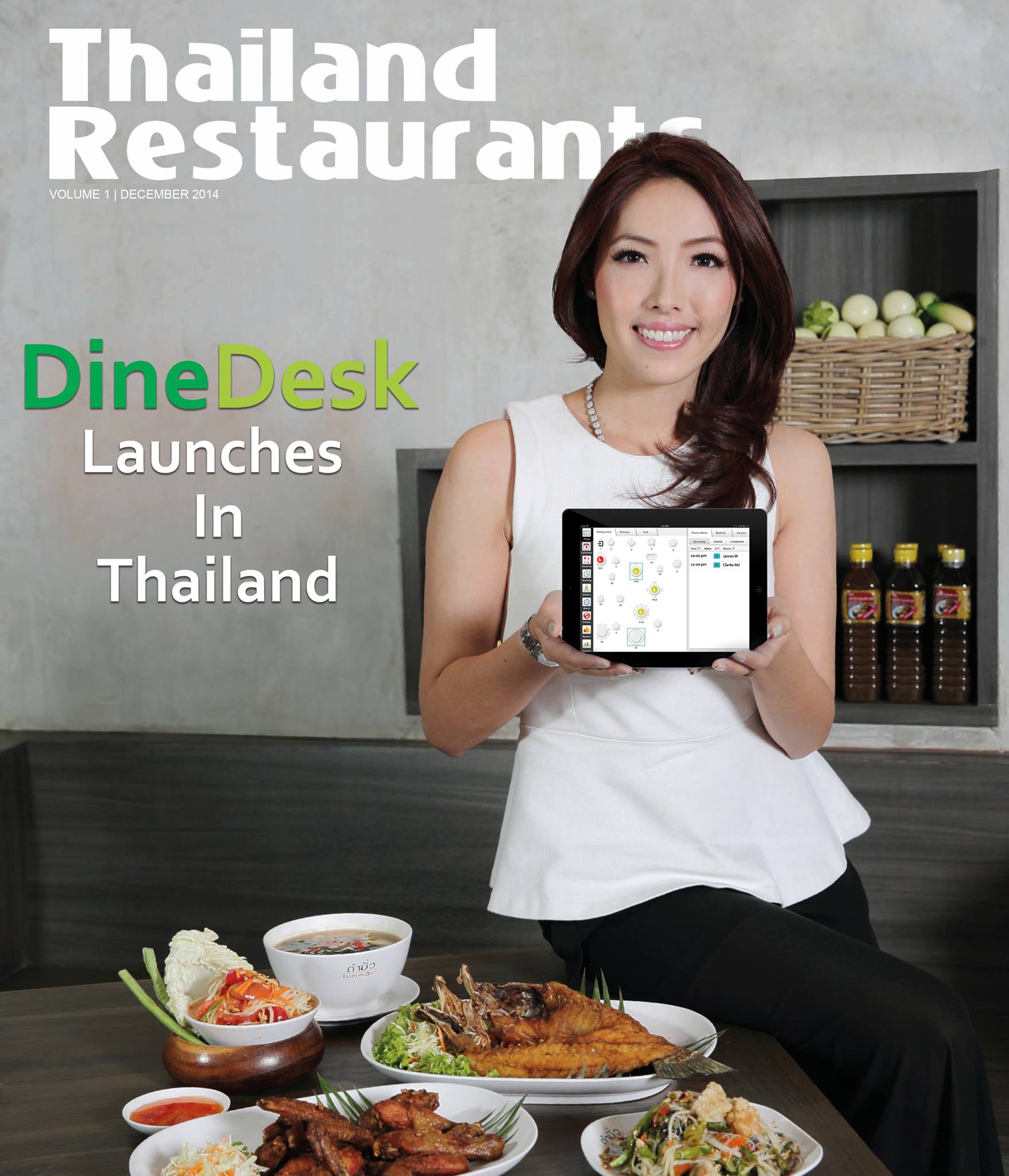


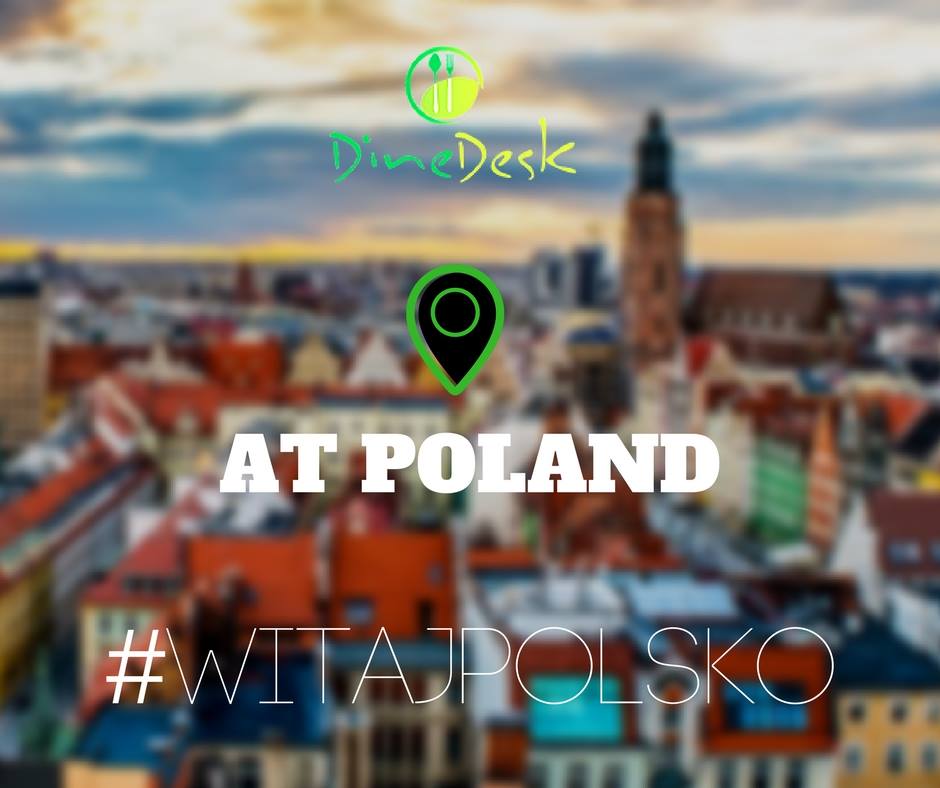
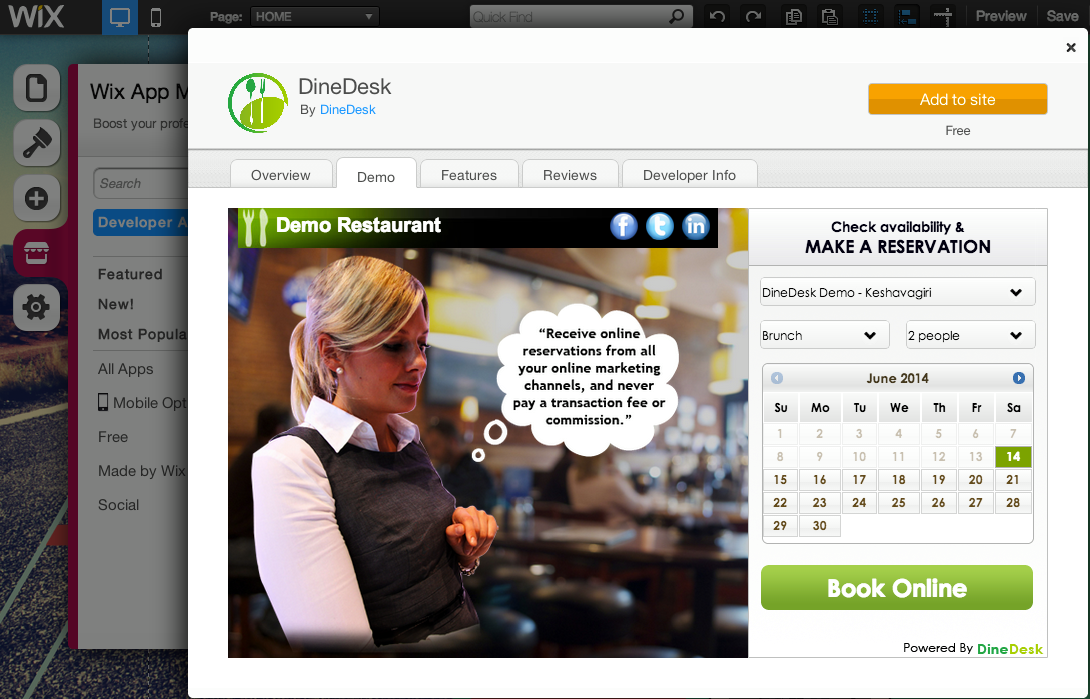
We love to listen your challenges
Reach Us
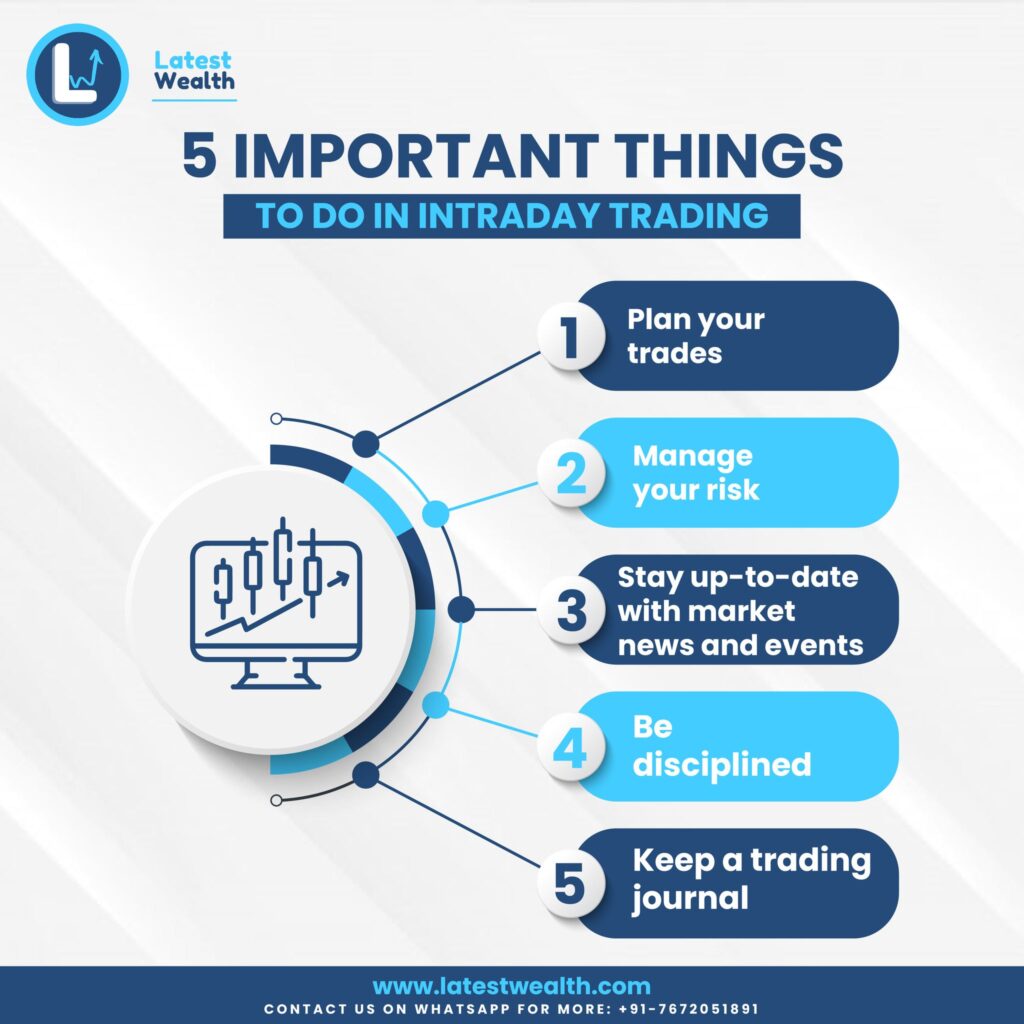
Case Study - Education Company
Introduction
Latest Wealth is an online and offline stock market course company that aims to provide comprehensive financial education to individuals seeking to build wealth through stock market investments. This case study highlights how Latest Wealth implemented various digital strategies, including social media marketing, email and SMS automation, Whatsapp automation, and website redesign with a learning management system (LMS), to enhance conversions and reap significant benefits.
Goals
Objectives
Digitalization & Marketing
What we offered
Latest Wealth developed a comprehensive social media marketing strategy targeting platforms like Facebook, Twitter, Instagram, and LinkedIn. Engaging content, including educational stock market tips, success stories, and course highlights, was regularly posted to generate interest and attract potential customers. The company also ran targeted advertisements and collaborated with industry influencers to expand its reach and drive traffic to the website.
Latest Wealth implemented an automated email and SMS system to nurture leads, provide timely course updates, and encourage conversions. Through personalized and automated email sequences, subscribers received informative content, exclusive offers, and reminders about upcoming courses or events. SMS automation was used for quick notifications, time-sensitive offers, and personalized follow-ups to improve customer engagement and conversion rates.
ecognizing the popularity of instant messaging apps, Latest Wealth incorporated Whatsapp automation to provide a seamless and personalized communication channel with its audience. Prospective customers could inquire about courses, receive course-related updates, and even participate in dedicated stock market discussion groups. This direct and interactive approach increased engagement and encouraged conversions.
Latest Wealth revamped its website to ensure a user-friendly interface and seamless navigation. The website redesign incorporated an intuitive learning management system (LMS) that enabled customers to access course materials, track progress, and interact with instructors and fellow participants. The LMS also facilitated assessments, certificates, and personalized recommendations, enhancing the overall learning experience and increasing course completion rates.
Our Offerings
Results
The digital strategy implementation resulted in a significant increase in lead generation and conversions. With targeted social media marketing campaigns, personalized email and SMS automation, and interactive Whatsapp communication, Latest Wealth saw a substantial rise in enrollment numbers and course sign-ups.
Automation played a crucial role in streamlining customer communication. By delivering personalized content and timely updates through email, SMS, and Whatsapp, Latest Wealth established stronger connections with its audience, improving engagement, and fostering customer loyalty.
he website redesign with the LMS significantly improved the user experience, making it easier for customers to navigate and access course materials. As a result, the course completion rates increased, indicating higher levels of customer satisfaction and the effectiveness of the learning platform.
The combined efforts of the digital strategy implementation led to a notable increase in revenue and profitability for Latest Wealth. The enhanced conversions, improved customer communication, and higher course completion rates contributed to a growing customer base and increased sales, leading to improved financial outcomes for the company.

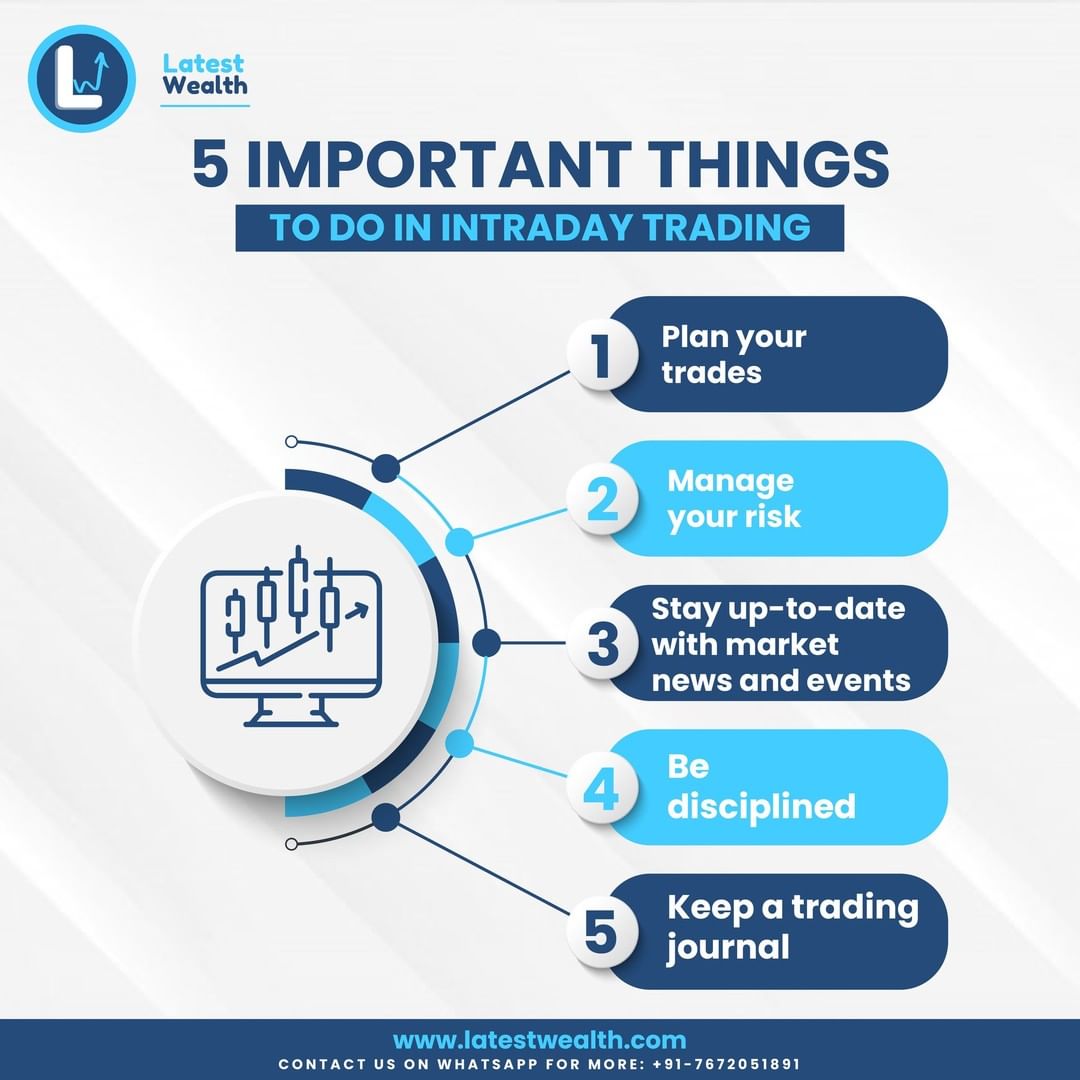
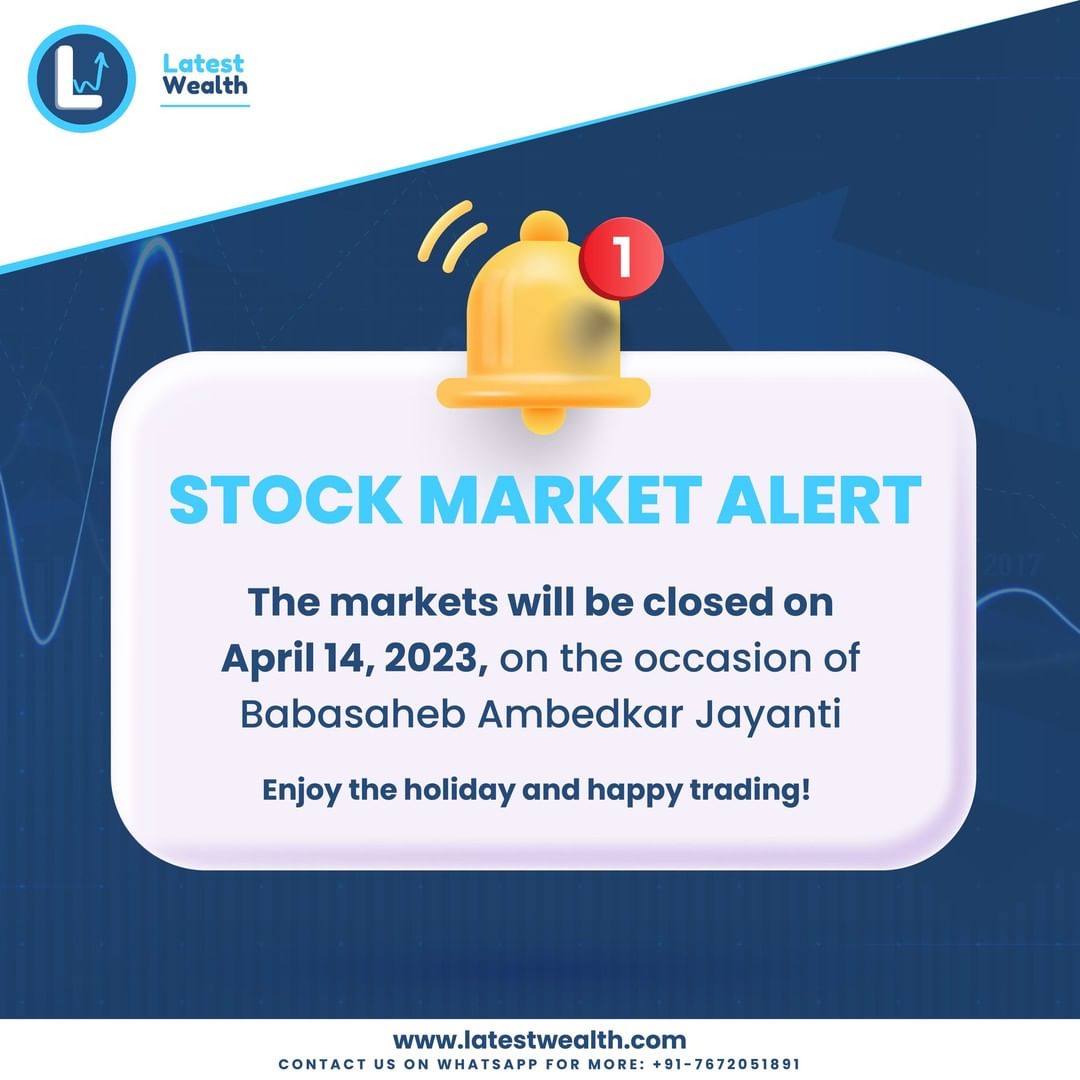

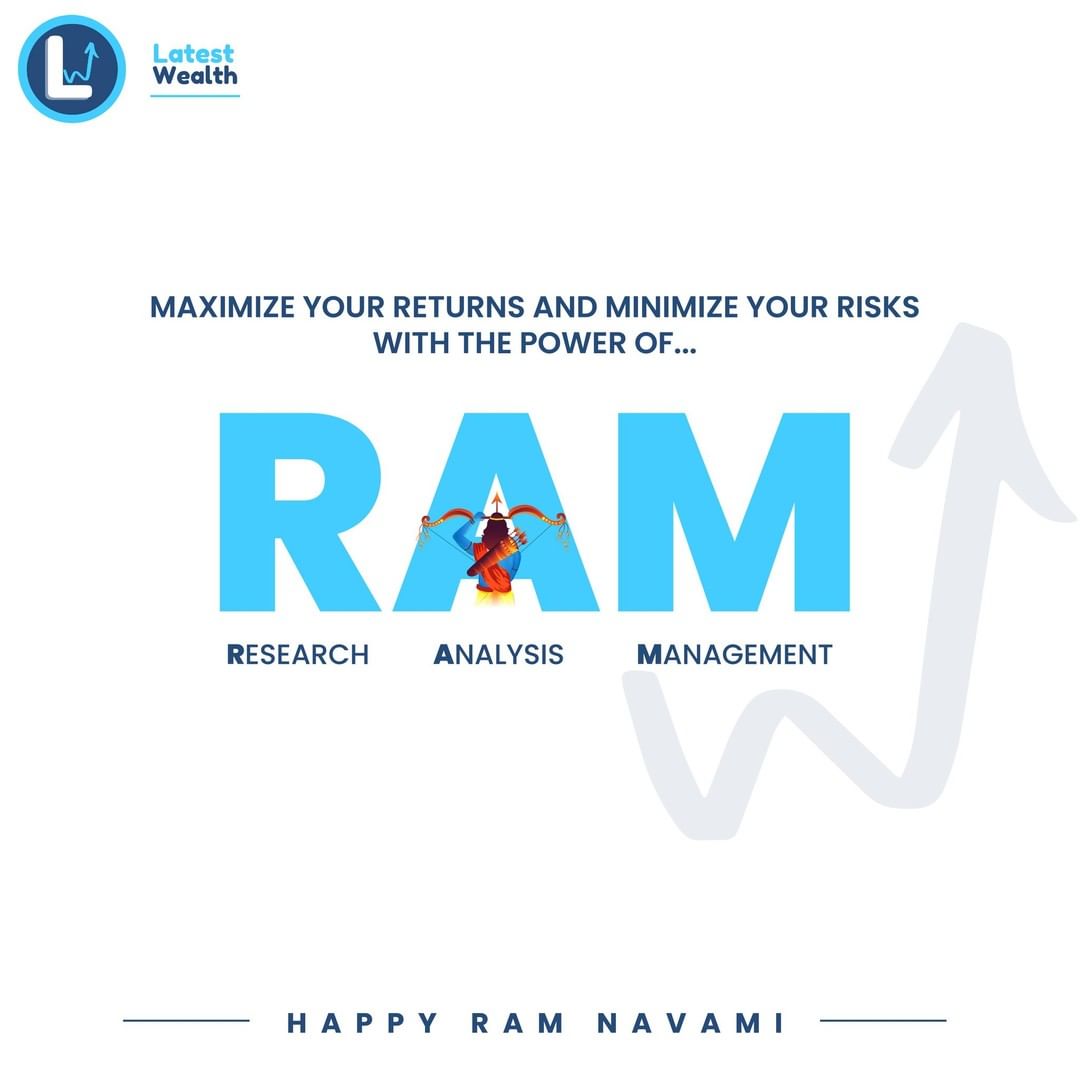
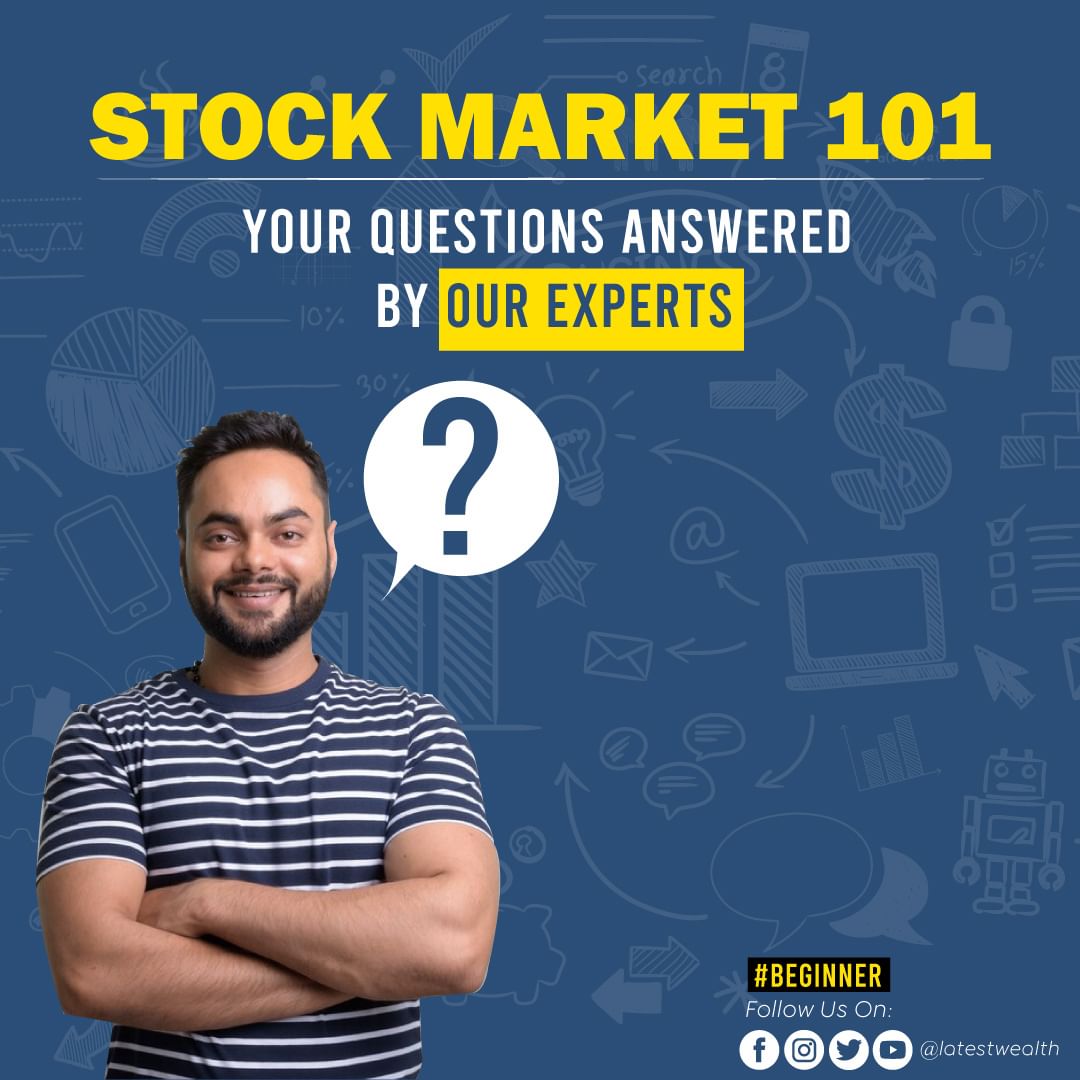

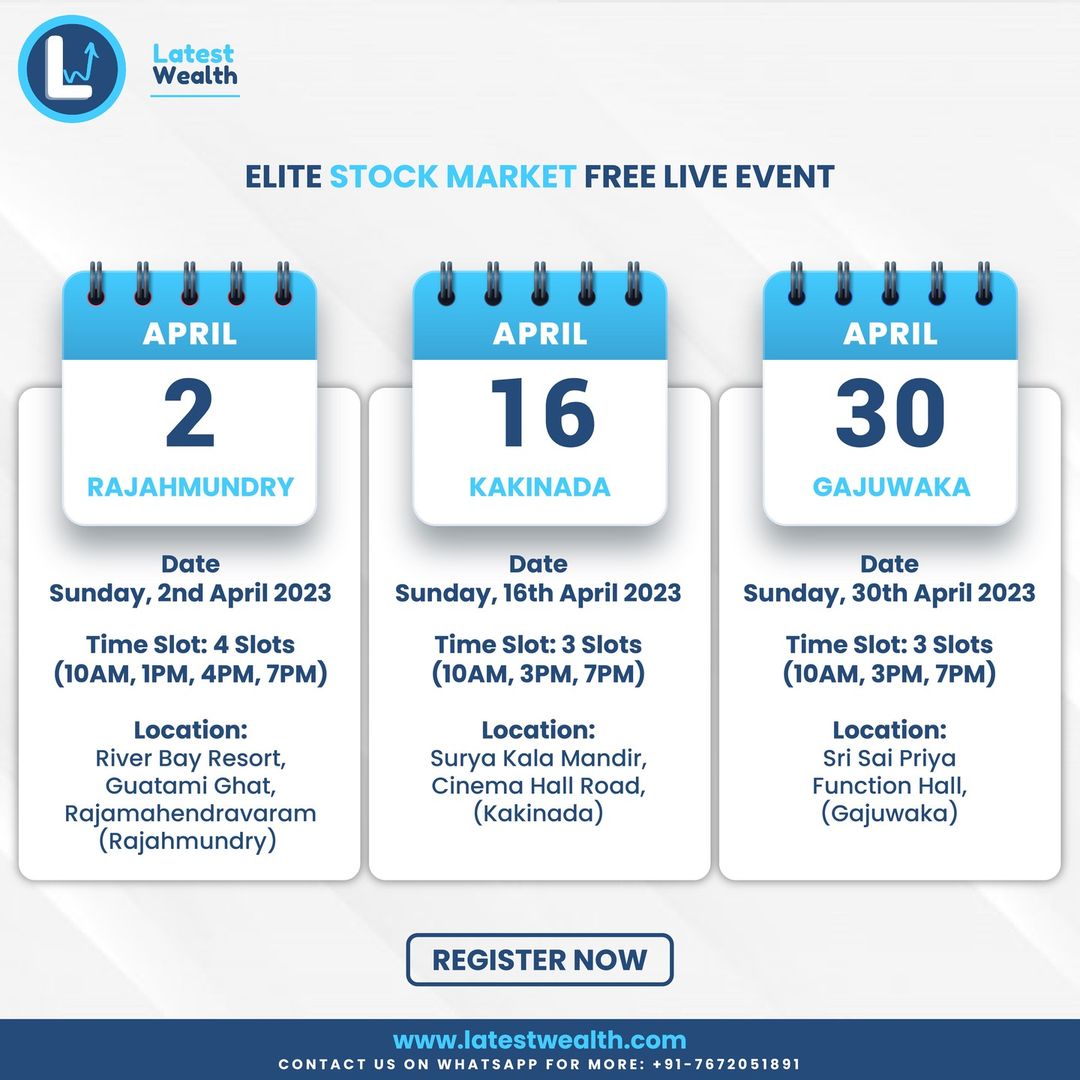
We love to listen your challenges
Reach Us

Case Study - Solar Company
Introduction
Samaritan Solar, a leading Florida-based solar company, embarked on a strategic social media marketing campaign to raise awareness about solar energy solutions, establish their brand authority, and drive qualified leads. This case study explores Samaritan Solar's social media strategies, tactics, and the outcomes achieved through their effective digital marketing efforts.
Samaritan Solar is a reputable solar energy provider serving residential and commercial clients across USA. With a commitment to sustainability and clean energy, the company aims to educate the public about the benefits of solar power and facilitate the transition to renewable energy solutions.
Goals
Objectives
Strategy Development
What we offered
Samaritan Solar conducted thorough market research to identify their target audience, focusing on environmentally conscious homeowners, businesses, and eco-minded individuals across major US states.
he company strategically chose social media platforms that aligned with their target audience’s demographics and behaviors, such as Facebook, Instagram, LinkedIn, and YouTube.
Samaritan Solar developed a comprehensive content strategy that centered on educating and engaging the audience. This included informative articles, visual content, videos, infographics, energy-saving tips, success stories, and updates on renewable energy initiatives
The company collaborated with local environmentalists, sustainable lifestyle influencers, and industry experts to amplify their social media reach, establish credibility, and promote the benefits of solar energy.
amaritan Solar allocated a portion of their marketing budget to targeted social media advertising campaigns, focusing on specific geographic areas and relevant interest groups.
Samaritan Solar consistently shared visually appealing content, including high-resolution images of solar installations, explainer videos, customer testimonials, and interactive quizzes to educate and entertain their audience.
The company developed educational campaigns to address common misconceptions about solar energy, highlight the cost savings, and emphasize the positive environmental impact of going solar.
Samaritan Solar actively engaged with their audience by responding to comments, direct messages, and inquiries promptly. They also organized live Q&A sessions, contests, and giveaways to foster interaction and build relationships.
The company featured case studies and testimonials from satisfied customers who had installed solar systems, showcasing the financial benefits and their experience working with Samaritan Solar.
Samaritan Solar continuously monitored social media metrics, including reach, engagement, website traffic, and lead generation. Based on the insights gathered, they made data-driven decisions to optimize their campaigns for maximum impact.
Our Offerings
Results
Samaritan Solar’s social media presence expanded significantly, resulting in increased brand recognition, a larger follower base, and a wider reach across various platforms.
The company successfully generated a substantial number of high-quality leads through their social media campaigns, resulting in an increase in inquiries, consultations, and solar system installations.
Samaritan Solar witnessed a notable increase in website traffic, with a significant portion originating from social media platforms.
By sharing educational content and collaborating with influencers and industry experts, Samaritan Solar established itself as a credible and trusted authority in the solar energy space.
The company’s active engagement

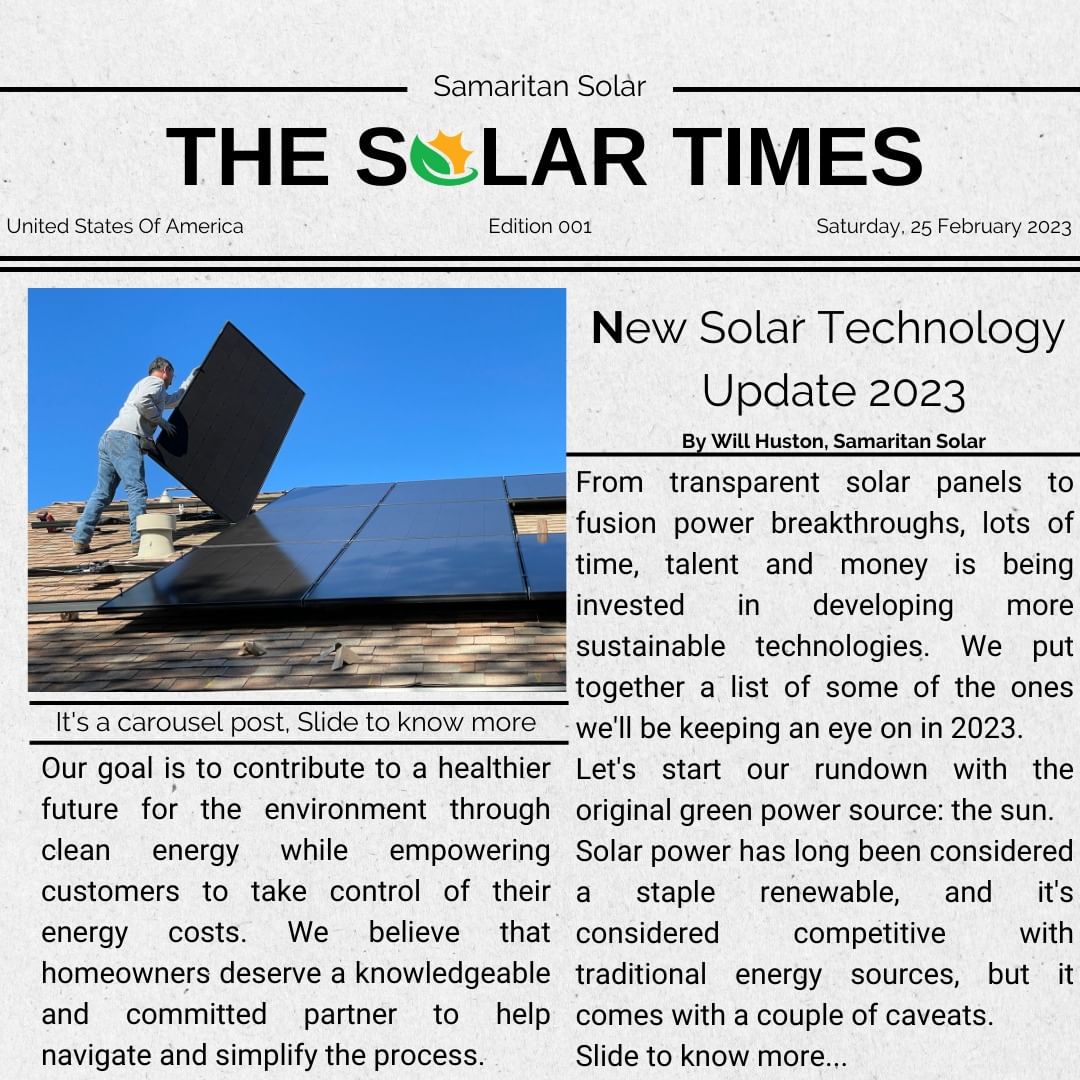
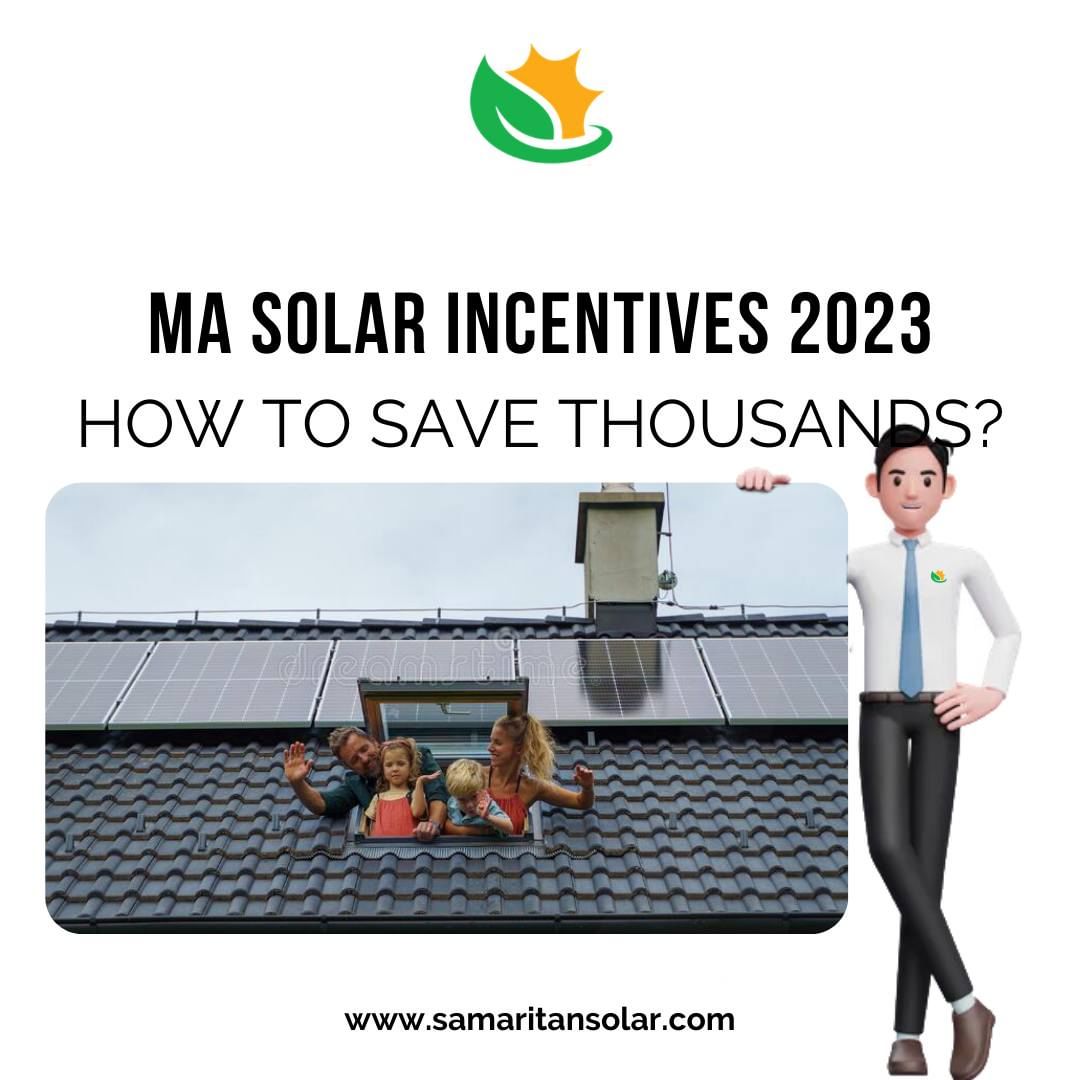




We love to listen your challenges
Reach Us
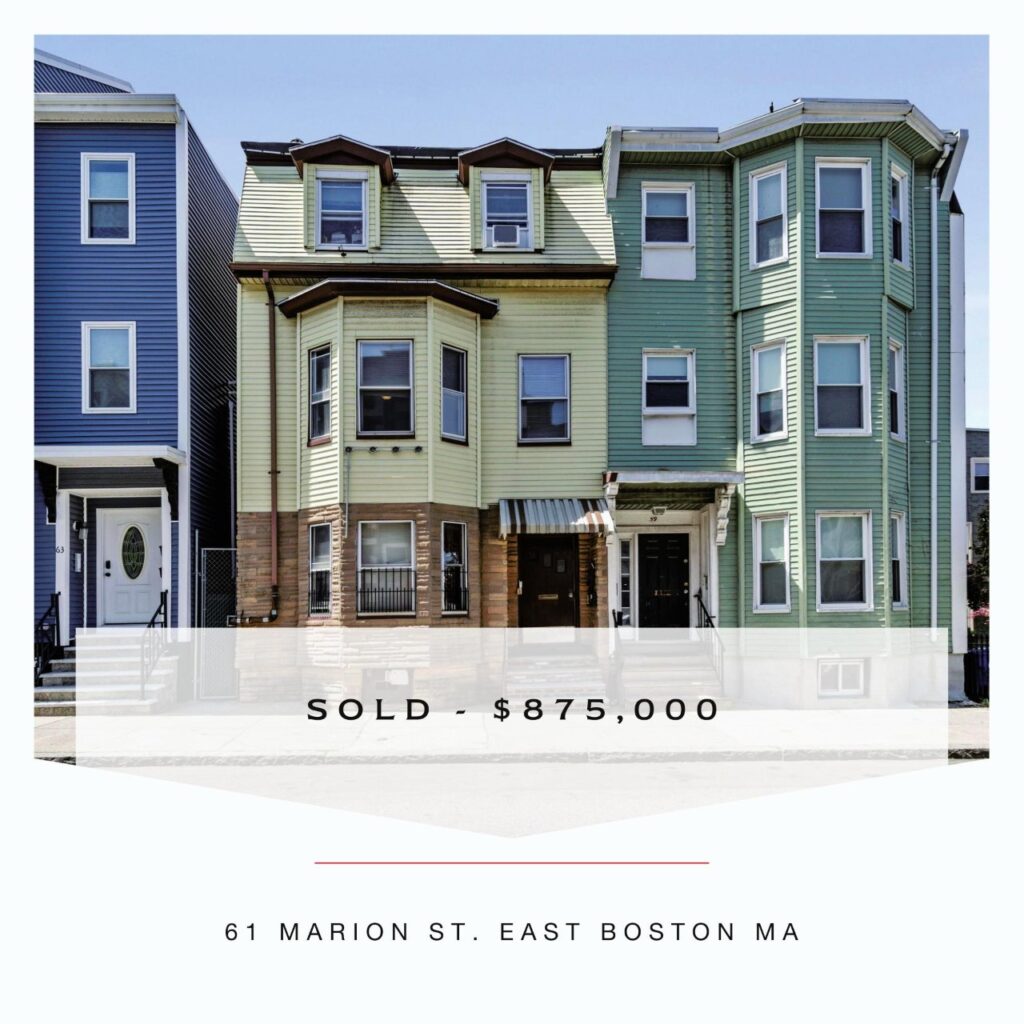
Case Study - Real Estate
Introduction
East Group, Engel & Völkers, a reputable Boston-based real estate company, aimed to increase brand visibility, engage with the target audience, and generate high-quality leads through an effective social media marketing campaign. This case study presents the strategies, tactics, and outcomes of their social media marketing efforts.
East Group, Engel & Völkers is a leading real estate agency in the competitive Boston market. The company specializes in luxury properties and caters to high-end clients seeking exceptional real estate experiences. In order to stand out in a crowded industry, East Group recognized the need to leverage social media platforms to connect with potential buyers, sellers, and renters.
Goals
Objectives
Strategy Development
What we offered
East Group identified key social media platforms where their target audience is most active, including Facebook, Instagram, and LinkedIn.
The company developed a comprehensive content strategy to provide value, educate, and entertain the audience. This included a mix of high-quality visuals, informative articles, virtual tours, client testimonials, market trends, and local Boston attractions.
East Group maintained a consistent brand voice, style, and visual identity across all social media platforms, reflecting the agency’s professionalism and commitment to luxury real estate.
The company formed partnerships with influential local bloggers, interior designers, and lifestyle influencers, who promoted East Group’s listings and services to their engaged followers.
East Group allocated a portion of their marketing budget to targeted social media advertising campaigns, focusing on specific demographics and geographic areas to reach potential clients.
East Group consistently shared visually appealing content, such as high-resolution property photos, videos, and virtual tours, accompanied by informative captions and compelling storytelling.
The company actively engaged with their audience by responding to comments, direct messages, and inquiries promptly. They also ran contests, polls, and Q&A sessions to encourage interaction and gather feedback.
East Group created branded hashtags related to luxury living, Boston, and the real estate industry, encouraging users to share their experiences, favorite properties, and dream homes.
The company strategically targeted ads to specific demographics, interests, and locations, promoting their listings, services, and open houses. They optimized ad performance based on engagement metrics and lead generation.
Our Offerings
Results
East Group’s social media presence grew significantly, with a substantial increase in followers, reach, and engagement across platforms.
The company successfully generated high-quality leads through their social media campaigns, resulting in an increase in property inquiries, consultations, and successful transactions.
East Group witnessed a notable increase in website traffic, with a significant portion originating from social media platforms.
The collaboration with local influencers and the consistent sharing of informative content positioned East Group as a trusted authority in the luxury real estate market.
East Group’s active engagement with their audience resulted in a positive sentiment, with clients and prospects perceiving the company as responsive, knowledgeable, and customer-centric.


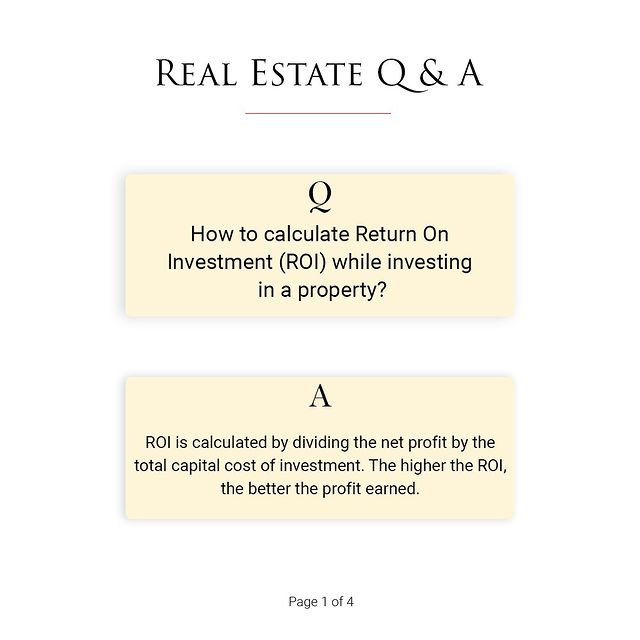
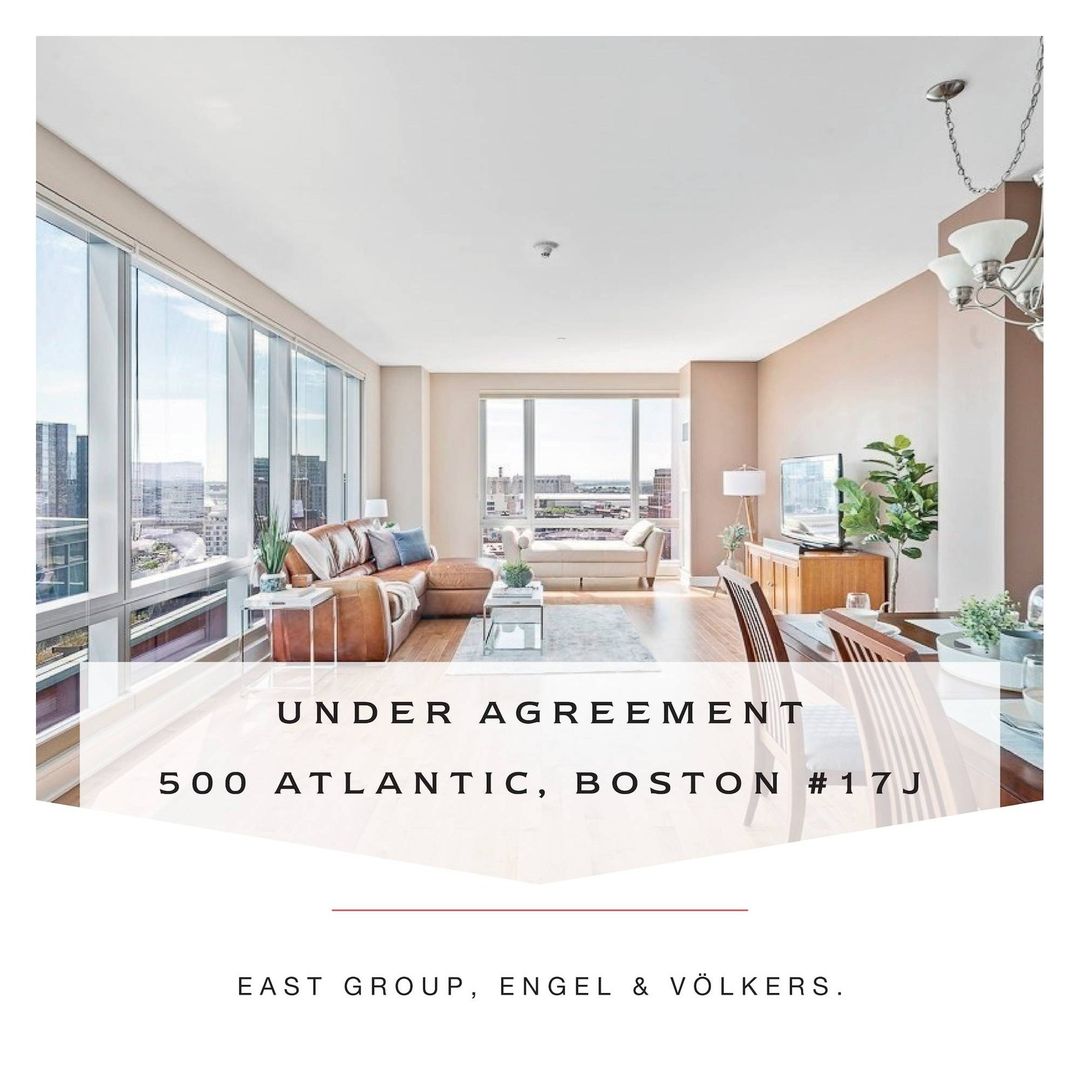
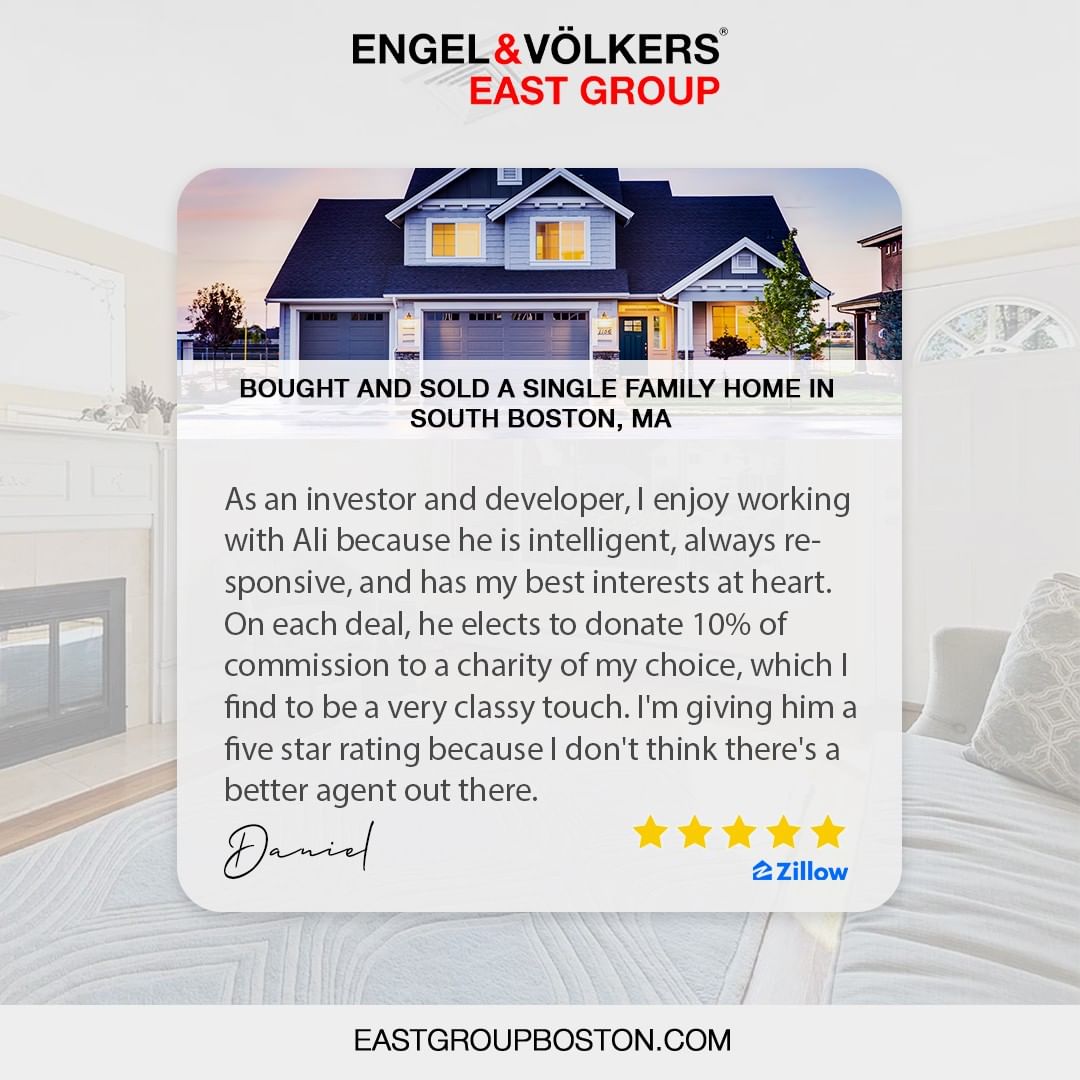
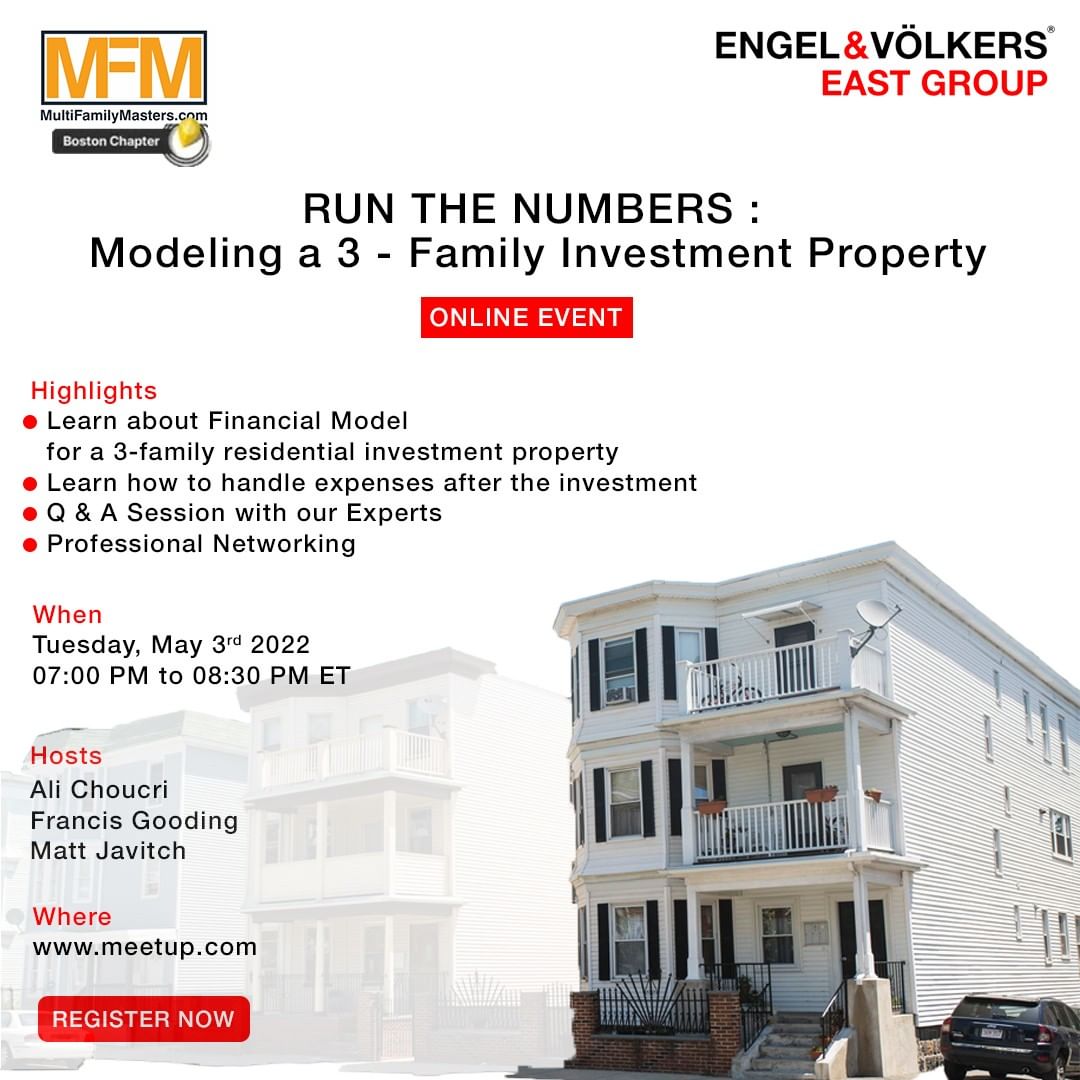

We love to listen your challenges
Reach Us
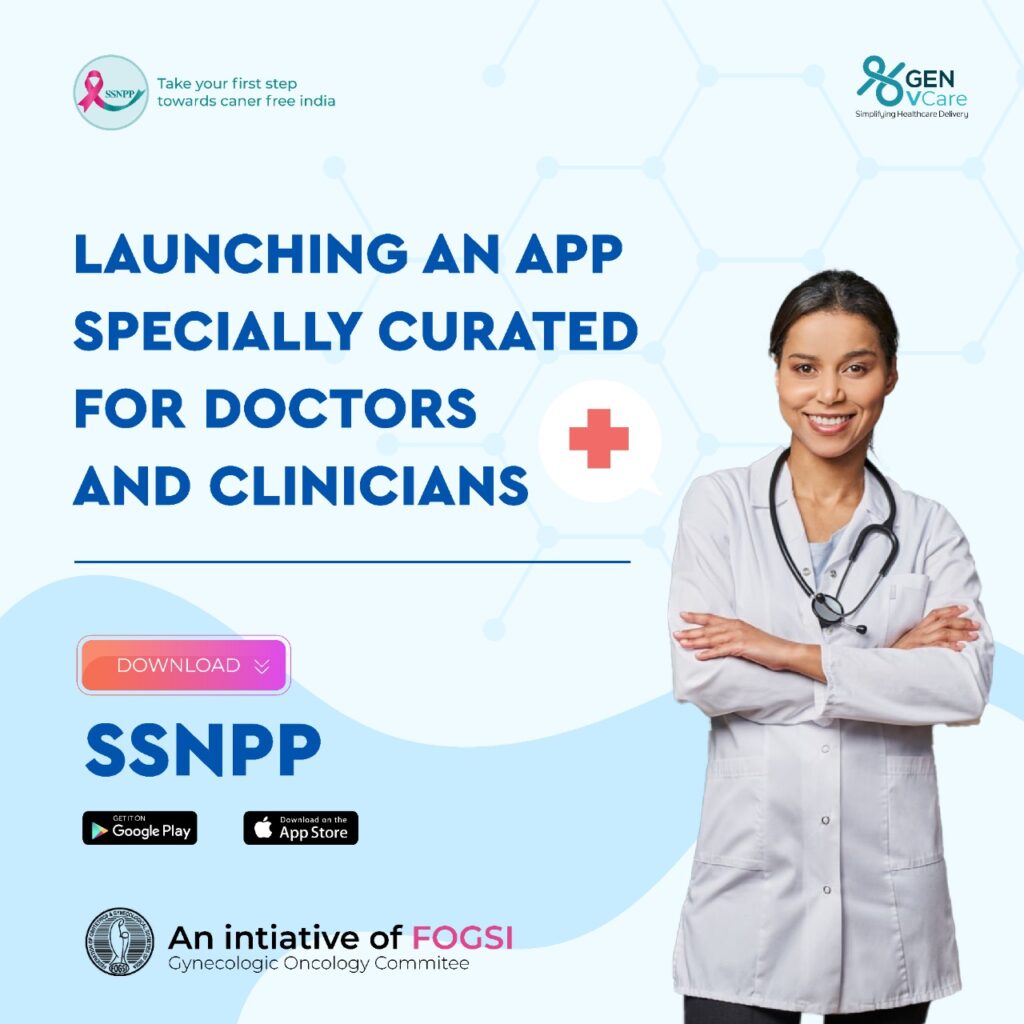
Case Study - Health & Wellness
Background
In this case study, we will examine the successful marketing campaign for a cancer screening and patient management app called "SSNPP." The app aims to improve early detection of cancer, streamline patient management, and enhance communication between patients and healthcare providers. Through an effective marketing strategy, SSNPP achieved significant user adoption and successfully positioned itself as a leading solution in the field.
Strategy Development
What we offered
To begin, the marketing team thoroughly researched and identified the target audience for SSNPP. They recognized that the app would primarily cater to individuals aged 40 and above, who were health-conscious and actively seeking preventive measures for cancer. Additionally, the team understood the importance of targeting healthcare providers, including doctors, gynecologist, oncologists, and medical institutions, who would utilize the app to manage and monitor their patients effectively.
The marketing team developed a strong and compelling brand identity for SSNPP. They created a logo that conveyed trust, empathy, and professionalism. The app’s functionality, SSNPP, reflected its core purpose of providing comprehensive care for cancer patients. The branding strategy emphasized the app’s user-friendly interface, its focus on early detection, and its ability to streamline patient management.
We used targeted digital advertising campaigns on platforms such as Google Ads and social media platforms like Facebook and LinkedIn. These campaigns focused on raising awareness about the app’s features and benefits and directing users to download it.
The team developed high-quality content, including blog posts, articles, and informative videos, which were shared on the app’s website and social media platforms. This content provided valuable insights on cancer prevention, early detection, and patient care, positioning SSNPP as an authoritative source in the field.
SSNPP collaborated with healthcare influencers, oncologists, and cancer survivors to promote the app. These influencers shared their experiences with the app, highlighting its usefulness in cancer prevention and patient management. This strategy helped build trust and credibility among the target audience.
SSNPP prioritized providing a personalized user experience to its users. The app offered tailored recommendations for cancer screenings based on individual risk factors, age, and gender. It also allowed users to set reminders for screenings and provided educational content specific to their needs. By focusing on personalization, the app enhanced user engagement and satisfaction.
The marketing team employed data analytics to gain insights into user behavior, app usage patterns, and feedback. This data-driven approach allowed them to identify areas for improvement and make necessary updates to enhance the app’s functionality and user experience continually. Regular updates and enhancements were communicated to the user base to keep them engaged and foster brand loyalty.
Our Offerings
Execution and Results
The app garnered a significant number of downloads and user registrations within the first six months of launch. The marketing efforts effectively reached and engaged the target audience.
SSNPP received positive reviews and testimonials from users, emphasizing the app’s ease of use, personalized features, and its contribution to early cancer detection.
Numerous healthcare providers integrated SSNPP into their practice, utilizing its patient management and communication
